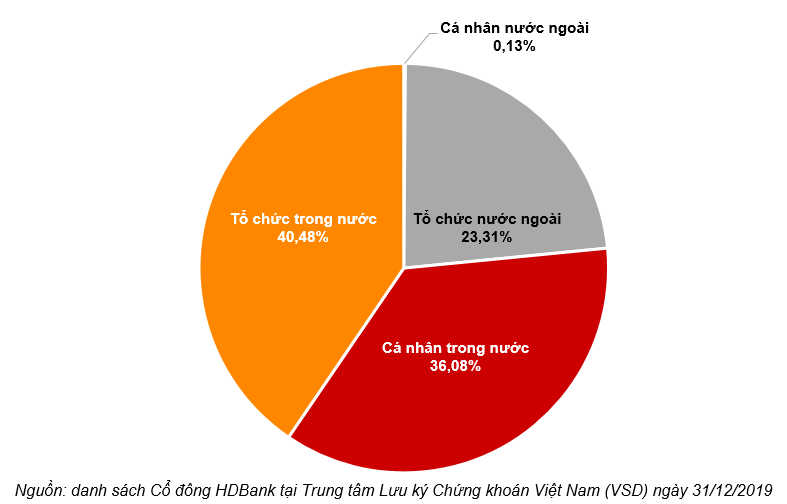negative negative (nĕgʹə-tĭv) adjectiveAbbr. neg.1. a. Expressing, containing, or consisting of a negation, refusal, or denial: gave a negative answer to our request for funding. b. Indicating opposition or resistance: a negative reaction to the new advertising campaign.2. Having no positive features: negative ideas; a negative outlook on life. 3. Marked by or exhibiting features, such as hostility, that cannot be deemed positive or constructive: conducted a negative campaign against his opponent. 4. Medicine. Not indicating the presence of microorganisms, disease, or a specific condition. 5. Logic. Designating a proposition that denies agreement between a subject and its predicate. 6. Mathematics. a. Relating to or designating a quantity less than zero. b. Relating to or designating the sign (-). c. Relating to or designating a quantity to be subtracted from another. d. Relating to or designating a quantity, a number, an angle, a velocity, or a direction in a sense opposite to another of the same magnitude indicated or understood to be positive.7. Physics. a. Relating to or designating an electric charge of the same sign as that of an electron, indicated by the symbol (-). b. Relating to or designating a body having an excess of electrons.8. Chemistry. Of or designating an ion, the anion, that is attracted to a positive electrode. 9. Biology. Moving or turning away from a stimulus, such as light: a negative tropism. noun1. A statement or an act indicating or expressing a contradiction, denial, or refusal. See Usage Note at affirmative. 2. a. A statement or an act that is highly critical of another or of others: campaign advertising that was based solely on negatives. b. Something that lacks all positive, affirmative, or encouraging features; an element that is the counterpoint of the positive: “Life is full of overwhelming odds. You can”t really eliminate the negatives but you can diminish them” (Art Linkletter). c. A feature or characteristic that is not deemed positive, affirmative, or desirable: “As voters get to know his liberal views, his negatives will rise” (Richard M. Nixon).”I”m known for being very forthright and honest in my opinions. If that”s a negative, it”s a negative” (Kitty Dukakis).3. Grammar. A word or part of a word, such as no, not, or non-, that indicates negation. See Usage Note at double negative. 4. The side in a debate that contradicts or opposes the question being debated. 5. a. An image in which the light areas of the object rendered appear dark and the dark areas appear light. b. A film, plate, or other photographic material containing such an image.6. Mathematics. A negative quantity. verb, transitivenegatived, negativing, negatives1. To refuse to approve; veto. 2. To deny; contradict. See synonyms at deny. 3. To demonstrate to be false; disprove. 4. To counteract or neutralize. negʹatively adverb negʹativeness or negativʹity (-tĭvʹĭ-tē) noun
Bạn đang xem: Negative là gì
Đồng nghĩa – Phản nghĩa
negative
Xem thêm: Trợ Giảng Tiếng Anh Là Gì, Vai Trò Của Trợ Giảng
|

Xem thêm: Penthouse Là Gì – Có Nên Lựa Chọn Căn Hộ Penthouse
negativenegative(adj) unenthusiastic, unconstructive, unhelpful, pessimistic, downbeat, disapproving, off-putting, discouraging, depressingantonym: encouragingbad, undesirable, adverse, harmful, damaging, destructive, deleterious (formal)antonym: positivenegative(n) rejection, rebuff, veto, nix (US, dated slang), thumbs down (informal), no, refusal, denialantonym: approval
Chuyên mục: Hỏi Đáp










